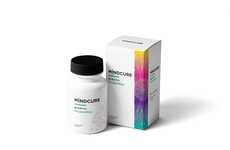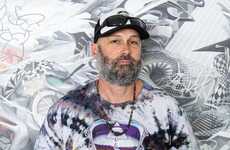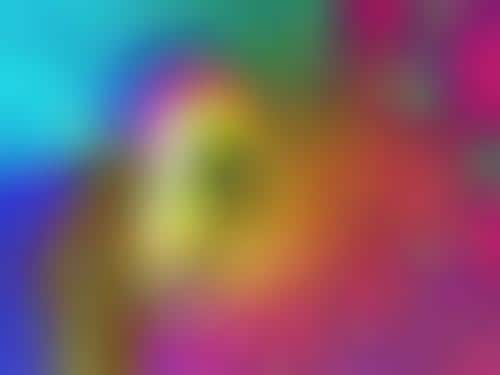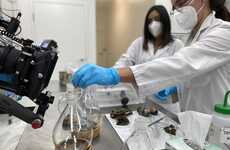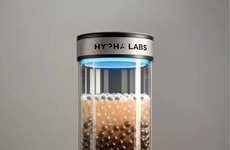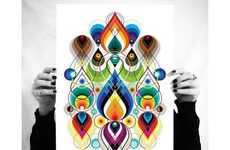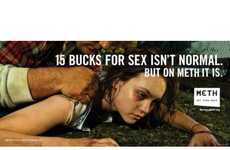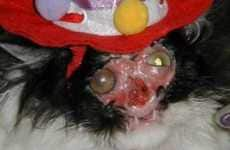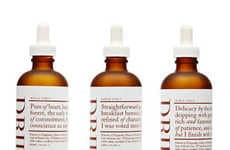
Retro Drugs As Modern Medicine?
Ben Preiss — January 1, 2008 — Unique
References: newscientist & sciam
Baby boomers that experimented with LSD and magic mushrooms in the 60's and 70's are now senior scientists nearing retirement in the FDA and other institutions, and are no longer afraid to assert their belief that psychedelics have a place in modern medical therapy.
After a break of 20 years research quietly began again in the early 90's and has been gaining credibility, current studies involve the treatment of cluster headaches, depression, obsessive-compulsive disorder (OCD), severe anxiety in terminal cancer patients, post-traumatic stress disorder (PTSD), alcoholism and opiate addiction and the FDA has approved clinical trials in the U.S., Switzerland, Israel and Spain.
After a break of 20 years research quietly began again in the early 90's and has been gaining credibility, current studies involve the treatment of cluster headaches, depression, obsessive-compulsive disorder (OCD), severe anxiety in terminal cancer patients, post-traumatic stress disorder (PTSD), alcoholism and opiate addiction and the FDA has approved clinical trials in the U.S., Switzerland, Israel and Spain.
Trend Themes
1. Psychedelic Therapy - Developing psychedelic therapies can disrupt traditional approaches to mental health treatment.
2. Retro Drugs - The revival of retro drugs like LSD and magic mushrooms can create new opportunities in the pharmaceutical industry.
3. Medical Research - Increased research on the medical benefits of psychedelics can lead to innovative treatments for various mental health disorders.
Industry Implications
1. Pharmaceuticals - The pharmaceutical industry can explore new drug formulations using psychedelic substances.
2. Mental Health - Psychedelic therapy has the potential to revolutionize the field of mental health treatment.
3. Clinical Research - Increased clinical trials on psychedelic therapies can pave the way for advancements in medical research.
4.5
Score
Popularity
Activity
Freshness


